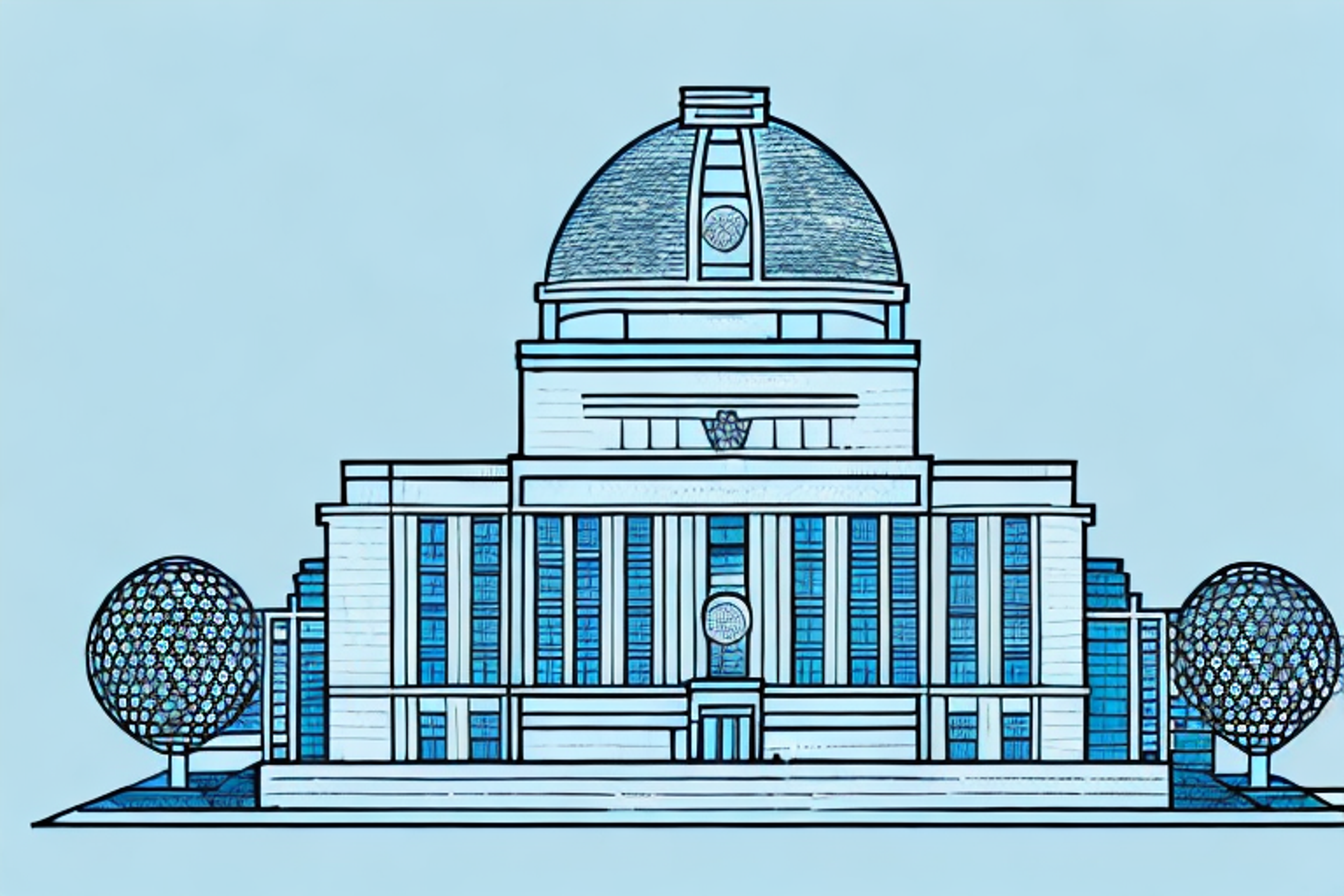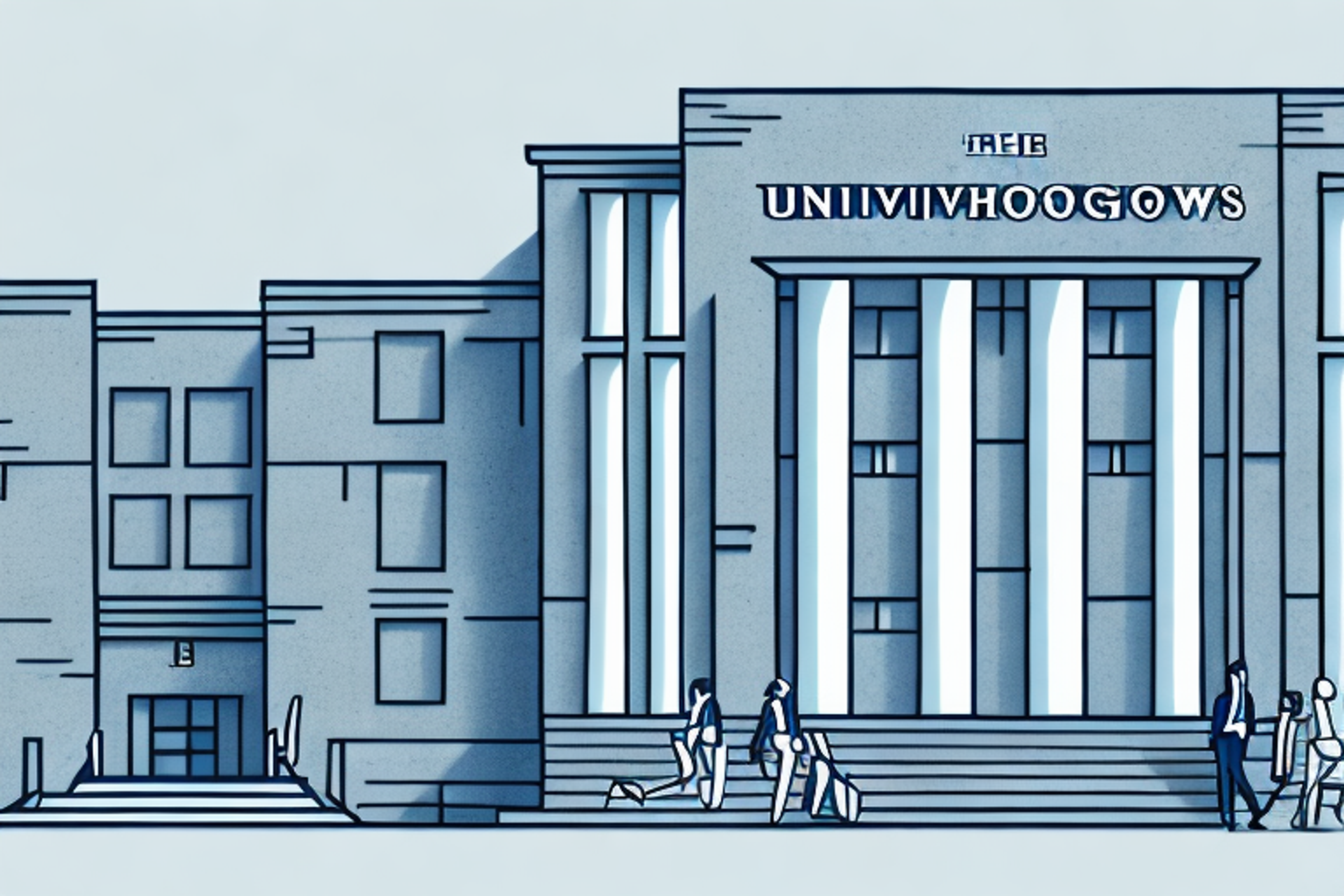University of Minnesota Law School: Program and Application Overview
Discover everything you need to know about the University of Minnesota Law School's program and application process.
Posted March 6, 2025

Table of Contents
Are you considering pursuing a law degree at the University of Minnesota Law School? Congratulations! You're making a decision that could lead to a rewarding career in law. As you embark on this path, it is essential to gain a thorough understanding of the program and the application process. In this article, we'll provide you with a comprehensive guide to everything you need to know about studying law at the University of Minnesota.
Why Choose the University of Minnesota Law School?
At the University of Minnesota Law School, you'll be joining one of the nation's top-ranked law schools. According to US News and World Report, University of Minnesota Law School is listed in the top 25 law schools in the United States. Not only will you be studying in a top-ranked program, but you'll also be joining a prestigious community of legal professionals.
One of the key benefits of attending University of Minnesota Law School is the access you'll have to cutting-edge legal research. With over 20 centers and institutes within the program, students and faculty engage in significant legal research, policy analysis, and legal reform activities.
Additionally, the University of Minnesota Law School offers a wide range of experiential learning opportunities, including clinics, externships, and simulation courses. These opportunities allow students to gain practical, hands-on experience in a variety of legal settings, preparing them for successful careers in the legal field.
Understanding the Admissions Requirements and Process
The University of Minnesota Law School seeks applicants with diverse backgrounds, as well as students who show academic achievements and intellectual curiosity. Nationally recognized for its access, excellence, and diversity, applying to the University of Minnesota Law School is quite competitive. The admissions process takes into account a range of factors, including your academic transcripts, LSAT score, letter of recommendation, and Personal Statement.
The LSAT is a vital component of the admissions process, and it is recommended that all applicants take the test no later than February preceding the fall application period. Additionally, the application deadline for the University of Minnesota Law School is March 1st for priority consideration. It is essential to submit a complete application in a timely manner.
It is important to note that the University of Minnesota Law School also considers extracurricular activities and work experience when evaluating applicants. The admissions committee values well-rounded individuals who have demonstrated leadership skills, community involvement, and a commitment to public service. Therefore, it is recommended that applicants highlight their experiences outside of the classroom in their Personal Statement and resume.
Application Timeline and Deadlines for University of Minnesota Law School
It is crucial to understand the application timeline and deadlines when applying to University of Minnesota Law School. Typically, the application opens in September of each year, with the final deadline being March 1st for priority consideration. The law school admissions committee may extend this deadline on good cause shown.
It is important to note that the University of Minnesota Law School also offers an early decision option for applicants who have a strong interest in attending the school. The early decision application deadline is November 1st, and applicants who are accepted through this program are required to withdraw all other law school applications and commit to attending the University of Minnesota Law School. This option can be a great choice for applicants who are certain that the University of Minnesota Law School is their top choice.
Tips for Writing a Strong Personal Statement for Your Law School Application
Your personal statement is an essential part of your law school application and is your opportunity to showcase your unique qualities and life experiences. It is essential to highlight your academic achievements, skills, and interests in the Legal field in your personal statement. Besides, it is best to make your statement concise yet informative. Not only should you share what draws you to the law, but also how you will contribute to the University of Minnesota Law School community.
One important tip to keep in mind when writing your personal statement is to avoid cliches and generic statements. Admissions committees read hundreds of personal statements, and they want to see something that stands out. Instead of using overused phrases, try to provide specific examples that demonstrate your unique perspective and experiences. Additionally, make sure to proofread your statement carefully and have someone else review it as well. A well-written and polished personal statement can make a significant difference in your law school application.
Curriculum Overview: What to Expect from the University of Minnesota Law School Program
The University of Minnesota Law School program offers a comprehensive legal education that emphasizes hands-on learning and real-world experience. The curriculum is meant to prepare students with skills and knowledge that they will need to succeed as legal professionals. Students will be required to take classes that cover the full range of legal concepts, including civil procedure, constitutional law, criminal law, contracts, and more.
Additionally, the University of Minnesota Law School program offers a variety of experiential learning opportunities, such as clinics, externships, and simulations. These opportunities allow students to apply their knowledge in real-world settings and gain practical skills that are essential for success in the legal profession. Students can also participate in various student organizations and events, which provide networking opportunities and a chance to engage with legal professionals. Overall, the University of Minnesota Law School program provides a well-rounded legal education that prepares students for a variety of legal careers.
Specializations and Areas of Focus Offered at University of Minnesota Law School
The University of Minnesota Law School offers specialized programs that enable students to focus on a particular area of law. Students can specialize in different legal fields, including business law, environmental and energy law, human rights, international law, and intellectual property law. Each of these programs allows students to immerse themselves in a specific legal field.
In addition to the specialized programs, the University of Minnesota Law School also offers a variety of clinics and externships that allow students to gain practical experience in different areas of law. These opportunities include the Civil Rights Moot Court, the Environmental Law Moot Court, and the Human Rights Litigation and International Advocacy Clinic. Students can also participate in externships with government agencies, non-profit organizations, and law firms to gain hands-on experience in their chosen field.
Furthermore, the University of Minnesota Law School has a strong commitment to diversity and inclusion. The school offers a variety of resources and support for students from underrepresented backgrounds, including the Diversity and Inclusion Office, the Multicultural Center for Academic Excellence, and the Women's Law Student Association. The school also hosts events and workshops that promote diversity and inclusion in the legal profession.
Faculty and Staff: Meet the Experts Who Will Guide Your Legal Education
The dedicated and knowledgeable faculty at the University of Minnesota Law School is committed to helping students achieve their goals and succeed as legal professionals. The faculty is composed of experts in a range of legal fields, and they have years of experience teaching law students and providing legal counsel.
In addition to the faculty, the University of Minnesota Law School also has a team of experienced staff members who are dedicated to supporting students throughout their legal education. From career services to academic advising, the staff is committed to helping students achieve their goals and succeed in their legal careers. With a combination of expert faculty and supportive staff, students at the University of Minnesota Law School have access to the resources and guidance they need to excel in their legal studies.
Opportunities for Hands-On Learning: Clinics, Externships, and More
The University of Minnesota Law School provides hands-on learning opportunities for its students through clinics and externships. These programs allow law students to gain valuable experience working with clients, conducting research, and advocating on behalf of clients. The clinic and externship programs are an excellent way to build a legal portfolio and gain exposure to different areas of law.
In addition to clinics and externships, the University of Minnesota Law School also offers a variety of other hands-on learning opportunities. These include moot court competitions, where students can practice their oral advocacy skills in a simulated courtroom setting, and pro bono projects, where students can provide legal assistance to underserved communities. The law school also hosts guest speakers and events that allow students to network with legal professionals and gain insights into different areas of law. With these diverse opportunities, students can tailor their legal education to their interests and career goals.
Student Life at University of Minnesota Law School: Clubs, Organizations, and Events
At University of Minnesota Law School, student life extends beyond the classroom. Numerous organizations and clubs within the law school provide students with opportunities to network, build friendships and engage in social and community-based activities. Some of the notable student organizations and clubs include the Black Law Student Association, Minnesota Journal of Law, Science & Technology, Law Women's Association, and OutLaw.
In addition to the various student organizations and clubs, University of Minnesota Law School also hosts a range of events throughout the academic year. These events include guest lectures, symposiums, and conferences that cover a wide range of legal topics and issues. These events provide students with opportunities to learn from experts in the field, engage in discussions with their peers, and expand their knowledge beyond the classroom. Some of the notable events hosted by the law school include the William E. McGee National Civil Rights Moot Court Competition, the Journal of Law & Inequality Symposium, and the Minnesota Law Review Symposium.
Career Services: Preparing for Life After Graduation from University of Minnesota Law School
The University of Minnesota Law School offers robust career services to help students prepare for their careers. From the beginning of law school, the Career & Professional Development office works with students to develop their career objectives, identify job opportunities, and refine their job search strategies. They also assist students with interview preparation and provide them with access to job-search databases.
Financing Your Legal Education: Tuition, Scholarships, and Financial Aid Options
Law school can be expensive, and the University of Minnesota Law School offers a range of financial aid options to help students finance their education. Students can apply for scholarships and grants based on their academic achievements and financial need. Additionally, loans and work-study programs are also available to help students pay for law school.
In conclusion, the University of Minnesota Law School offers a diverse and comprehensive legal education. The law school program emphasizes hands-on learning and provides students with numerous opportunities to gain valuable experience working with clients and engaging in legal research. The law school also has a dedicated and knowledgeable faculty and provides students with an exceptional experience and exposure to various legal fields. If you're considering law school, the University of Minnesota Law School should be at the top of your list.











